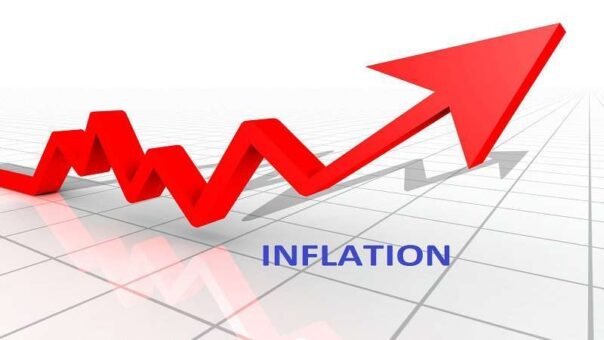Islamabad, May 3, 2024 – The Sensitive Price Indicator (SPI) for inflation in Pakistan witnessed a decline of 1 percent for the week ended May 2, 2024, compared to the previous week, providing a temporary respite amidst fluctuating commodity prices.
Data released by the Pakistan Bureau of Statistics (PBS) highlighted significant price reductions in several key commodities. The prices of tomatoes saw the largest drop, falling by 22.05 percent, followed by chicken, which decreased by 8.03 percent, and onions at 7.71 percent. Notably, essential items such as wheat flour also saw a decrease of 6.88 percent. Other notable reductions included bananas, diesel, chili powder, LPG, petrol, and various pulses.
Conversely, the price of potatoes experienced a significant rise of 6.06 percent, leading the list of commodities that saw price increases during the week. Other items such as salt powder, garlic, powdered milk, and meats like mutton and beef also recorded upticks. The prices of eggs, cigarettes, and curd saw moderate increases.
Analyzing the broader trends, of the 51 commodities monitored, prices for 15 items (representing 29.42 percent of the total) increased, 18 items (35.29 percent) decreased, and 18 items (35.29 percent) remained stable over the week.
On a year-on-year basis, the inflation scenario paints a more concerning picture with an overall increase of 24.37 percent. The most significant annual price hikes were seen in gas charges for Q1, which surged by an extraordinary 570.00 percent, followed by onions, tomatoes, garlic, and chili powder experiencing rises of over 70 percent. Other items such as salt powder, energy savers, shirting, gents sandals, pulse mash, gur, and beef also saw notable increases.
Conversely, year-on-year data showed substantial decreases in the prices of bananas, wheat flour, and various cooking oils. Additionally, modest declines were observed in the prices of mustard oil, eggs, LPG, chicken, and diesel.
The mixed price movements indicate a volatile market environment where consumers face rising costs in some areas while obtaining relief in others. The PBS continues to monitor these changes closely, providing essential data that helps guide economic policy and consumer expectations.
This week’s reduction in the SPI may offer some comfort to Pakistani households dealing with the cost-of-living pressures, but the overarching trend of rising prices on a yearly basis remains a significant concern. The government and economic analysts will likely continue to scrutinize these trends to address potential inflationary pressures and their impacts on the general populace.
